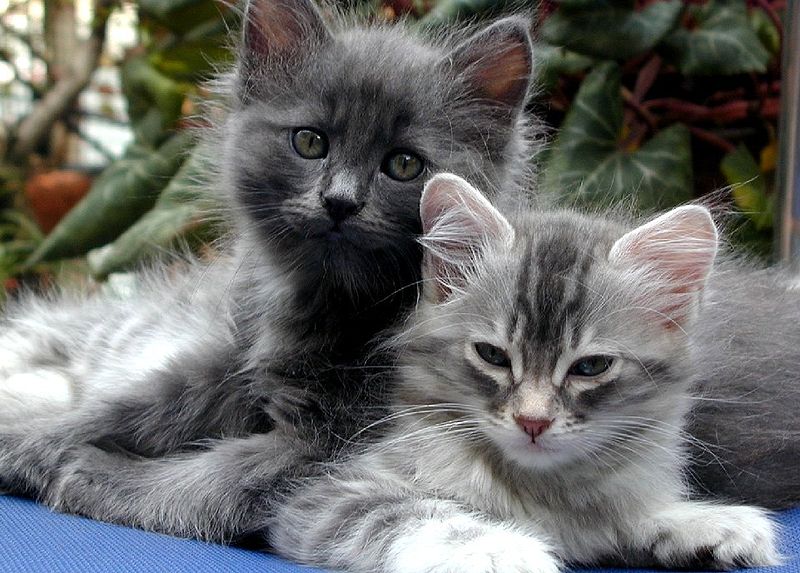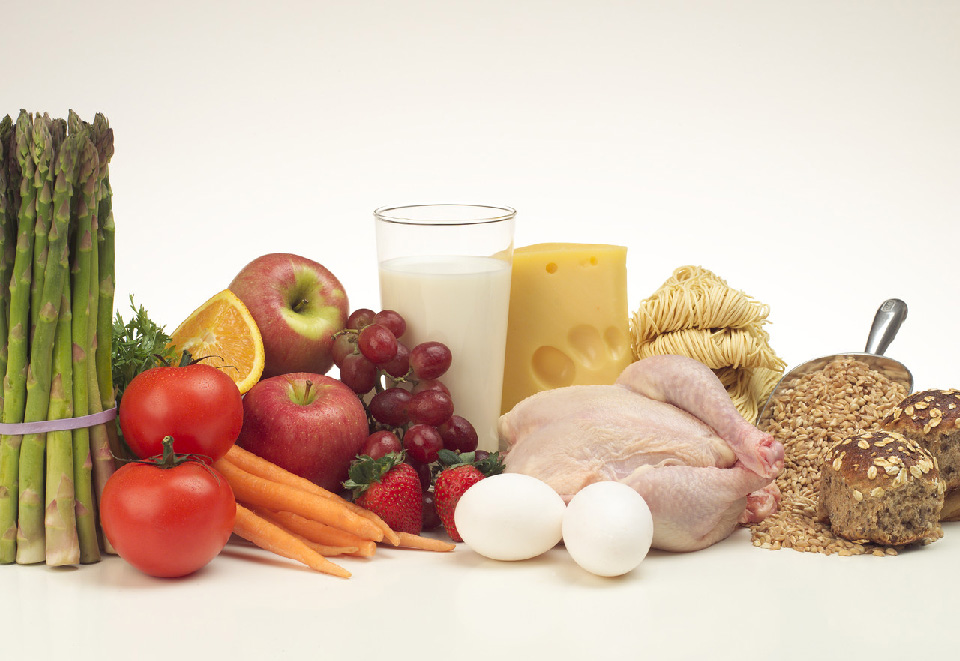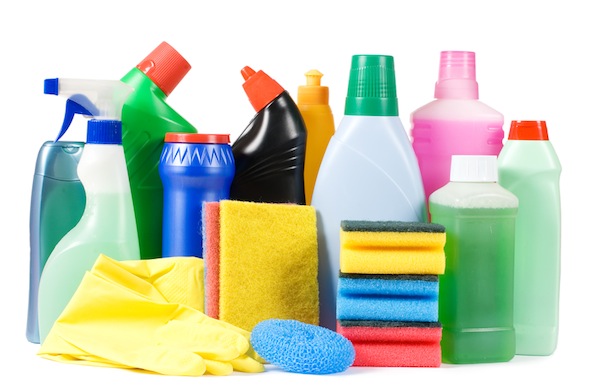Dangers for cat in your house
There are things in your home which can pose great threat to your truly beloved cat. This piece of writing doesn’t claim to cover everything which might hurt your cat’s health; it is just an attempt to make you understand that the biological make up of your feline is much different from your own. Therefore, caution needs to be taken with the household products and food items.
Medicines meant for humans
This is very poisonous for pets in general. Pain killers (like ibuprofen, aspirin), medication for cold, dietary supplements, anti-depressants, diet pills, and so on can be toxic for your cat. All kinds of medicines along with ointments and creams should be put safely away from the animals. As your cat can jump up your bedside table or other stands, and chew up the tablets or tubes. Also take good care to immediately dispose of any pills which accidently fall on the floor.
Food meant or humans
Chocolate, yes that mouth-watering sweet, is toxic to your little feline. Methylxanthines contained in chocolate play havoc with the heart and nervous system of the cat, causing excessive thirst, urination, vomiting, diarrhea, panting, hyperactivity, high body temperature, seizers or even death. Darker the chocolate, higher the quantities of methylxanthines inside it, and more dangerous it is for the animal.
Onions or garlic eaten in high quantities can damage the red blood cells of the cat. Alcohol can cause vomiting, disorientation, seizers and in severe cases put the cat in coma and lead it to its death. Other common human foods which are unsafe for the cats are – grapes, raisins, coffee and tea (and other caffeinated items), avocado, mustard seeds, bread dough, etc.
Plants
The innocent looking household plants can make your cat really really sick. Plants like caster beans, chrysanthemum, sago palm, rhododendron, Spanish thyme, azalea, lilies and mistletoe, are harmful. Lilies are the most fatal of them all as intake of even a small quantity can cause lethal damage to the kidneys.
Insect and rodent killers
Your efforts to get rid of insects and rodents can introduce health issues to your dear cat’s life. Care also needs to be given to the type of tick and flea product you use over your pet as ill-suited chemicals can make your cat suffer.
Baits laced with poison, meant for rodents, if ingested by your cat may lead to grave issues (like seizures, kidney damage, bleeding, and even death) to your pet. Eating a poisoned rat or mouse can also cause death, so immediately remove and cautiously dispose the body of a dead rodent.
Household cleaning agents
Various cleaners we employ in our households on day-to-day basis are powerful enough to make us uneasy on certain occasions; their intake is toxic for humans. Just imagine the harm they can have on your sensitive pets. Inhaling disinfectants, bleaches, or some cleaners may cause trouble in the gastro intestine and the respiratory tract of your cat. Licking paws or any other body part which came into contact with a household cleaner may also lead to health issues.
Antifreeze is a very hazardous substance for the feline. Even a teaspoon of antifreeze can prove to be fatal for the cat; this is especially true for antifreeze which contains Ethylene glycol. Hence, keeping the cat safely away from it is critical for the cat’s survival.
Some other hazards include plastic bags, dental floss, rubber bands, chemicals, certain fertilizers and plant food.
Along with a good knowledge of what to avoid, you should also know what to do in case of any mishap. Having a pet first aid kit and an instruction manual would help you bring some relieve to the pet till the time professional help comes.




